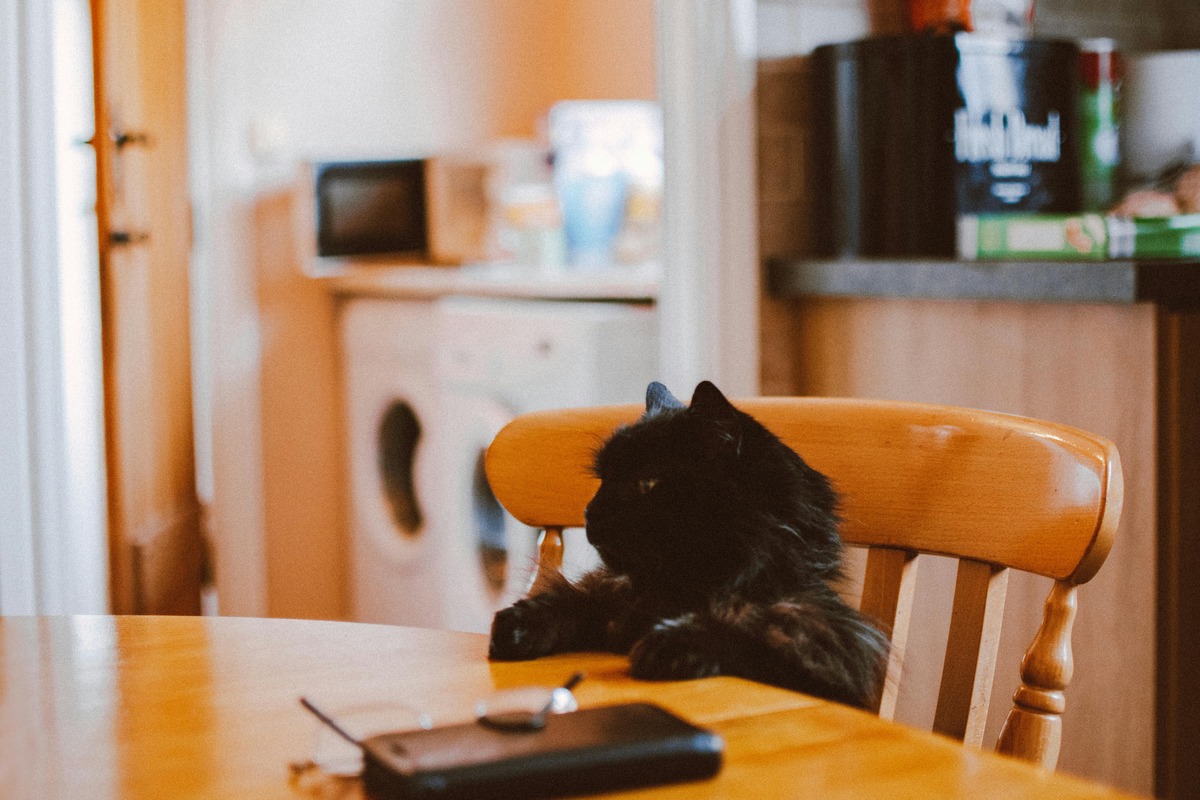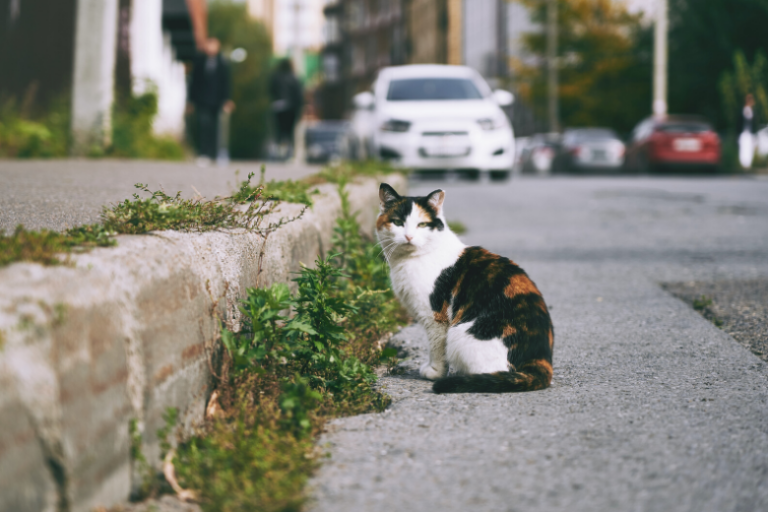Never Feed Your Cat These 12 Things
Cats are curious creatures with sensitive digestive systems, and some foods that seem harmless—or even healthy—to humans can be extremely dangerous to them. While it’s tempting to share a treat with your feline friend, certain foods can cause severe health problems, and even small amounts can be toxic. Knowing what to avoid is crucial for keeping your cat safe and healthy.
Here are 12 foods you should never feed your cat, along with why they’re so dangerous.
1. Chocolate

Chocolate may be a sweet treat for humans, but it’s a serious hazard for cats. It contains theobromine and caffeine, compounds that cats cannot metabolize effectively. Dark chocolate and baking chocolate are especially toxic due to their high concentrations of theobromine. Eating even a small piece can lead to vomiting, diarrhea, tremors, and seizures, and in severe cases, it can be fatal. Always keep chocolate far out of your cat’s reach.
2. Onions and Garlic
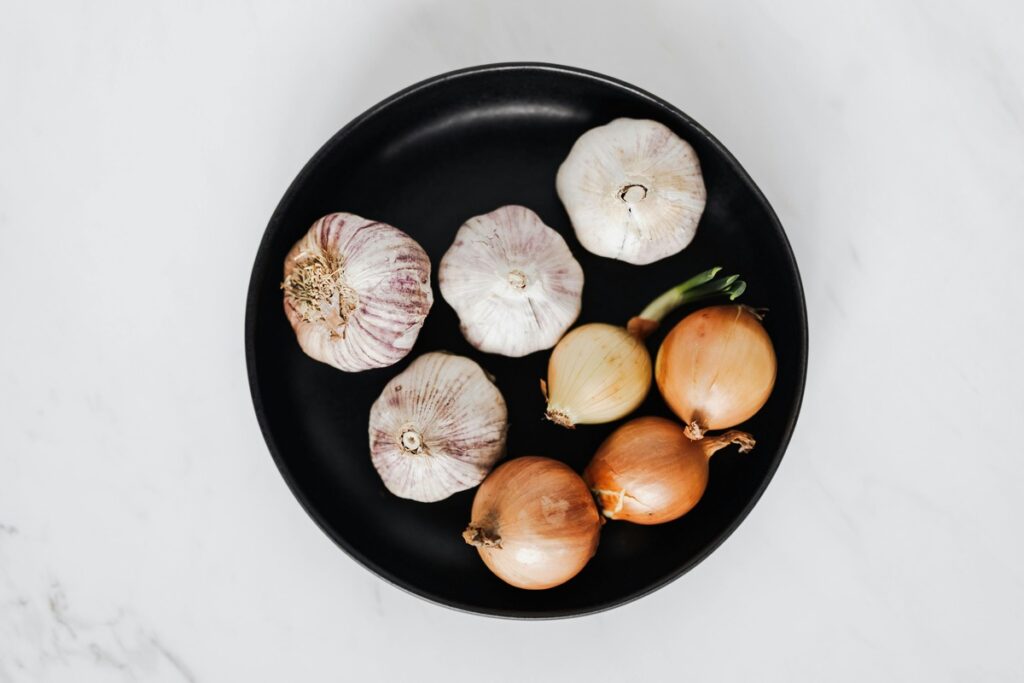
Onions, garlic, and other members of the allium family, such as leeks and chives, can damage your cat’s red blood cells, leading to anemia. Whether raw, cooked, powdered, or in small amounts in foods, these ingredients can cause symptoms like weakness, lethargy, and difficulty breathing. Over time, exposure to these can be life-threatening, so it’s best to avoid them entirely.
3. Raw Eggs
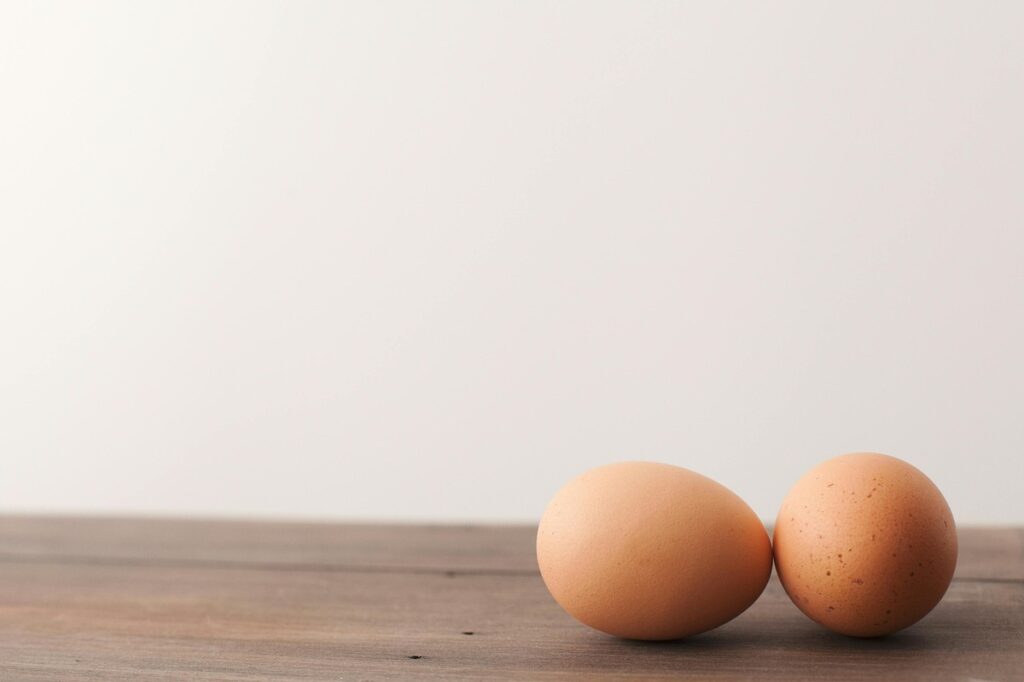
Raw eggs carry the risk of bacterial infections like Salmonella or E. coli, which can upset your cat’s digestive system and cause symptoms like vomiting or diarrhea. Additionally, raw egg whites contain avidin, a protein that blocks the absorption of biotin, an essential B vitamin. Biotin deficiency can lead to skin issues and a dull coat, so always opt for cooked eggs if you’re sharing this protein-rich food with your cat.
4. Raw Fish
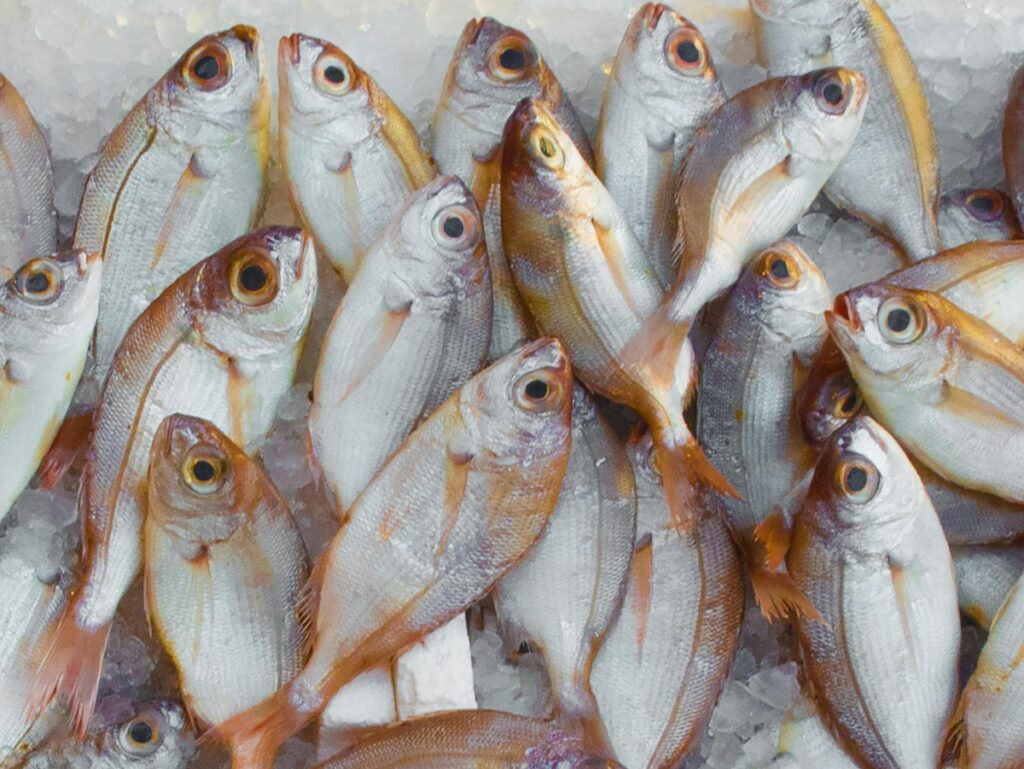
Feeding raw fish might seem natural, but it’s risky. Raw fish can harbor bacteria or parasites that cause food poisoning. Additionally, certain types of raw fish contain an enzyme that destroys thiamine, an essential B vitamin for cats. A thiamine deficiency can lead to neurological problems, including muscle weakness and seizures. If you want to treat your cat to fish, make sure it’s cooked and free of bones.
5. Dairy Products
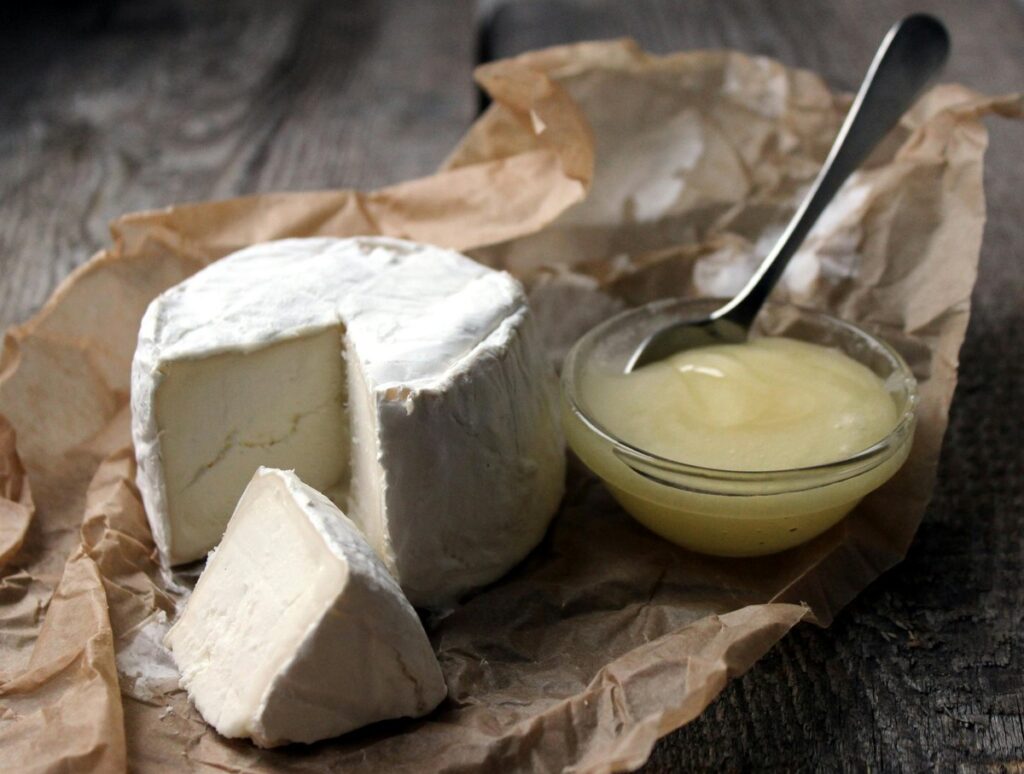
Despite the stereotype of cats loving milk, most cats are lactose intolerant. Their digestive systems lack the enzyme needed to break down lactose, the sugar in dairy products. Giving your cat milk, cheese, or other dairy products can result in stomach upset, diarrhea, and bloating. If you want to give your cat a creamy treat, opt for lactose-free milk formulated for cats.
6. Grapes and Raisins

Even small amounts of grapes or raisins can cause sudden kidney failure in cats. While the exact toxic substance in these fruits is unknown, the effects can be severe and life-threatening. Symptoms include vomiting, lethargy, and loss of appetite. To be safe, never let your cat sample these fruits, and keep them out of reach.
7. Alcohol
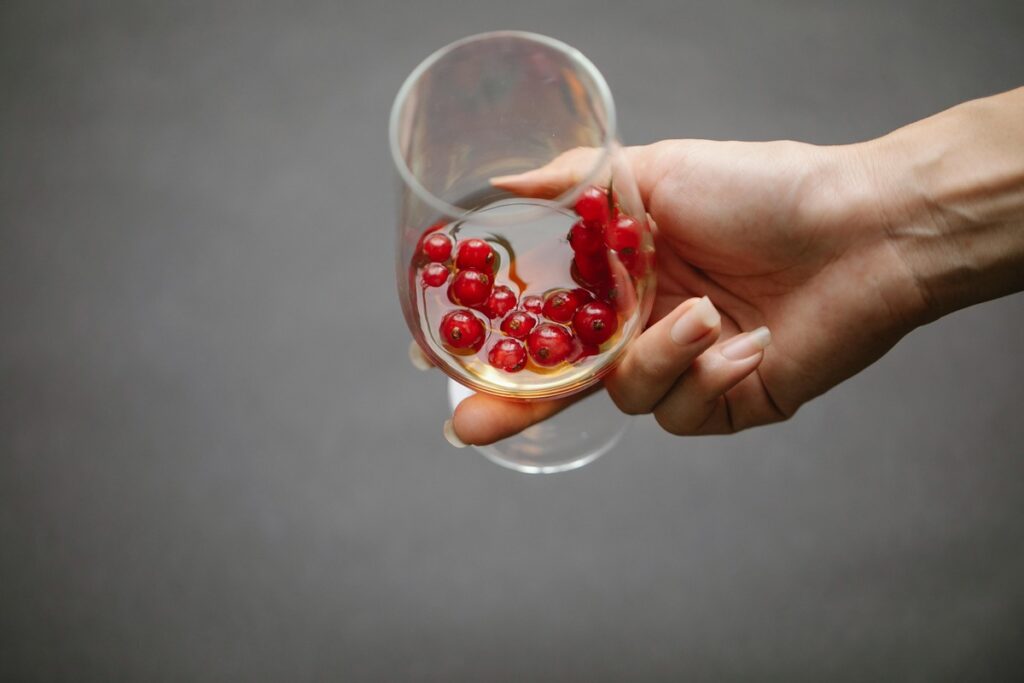
Alcohol is toxic to cats, even in tiny amounts. Ingesting beer, wine, or liquor can lead to symptoms like vomiting, difficulty breathing, and central nervous system depression. Alcohol poisoning can occur quickly and may be fatal if not treated immediately. Keep all alcoholic beverages securely stored and away from curious paws.
8. Caffeine
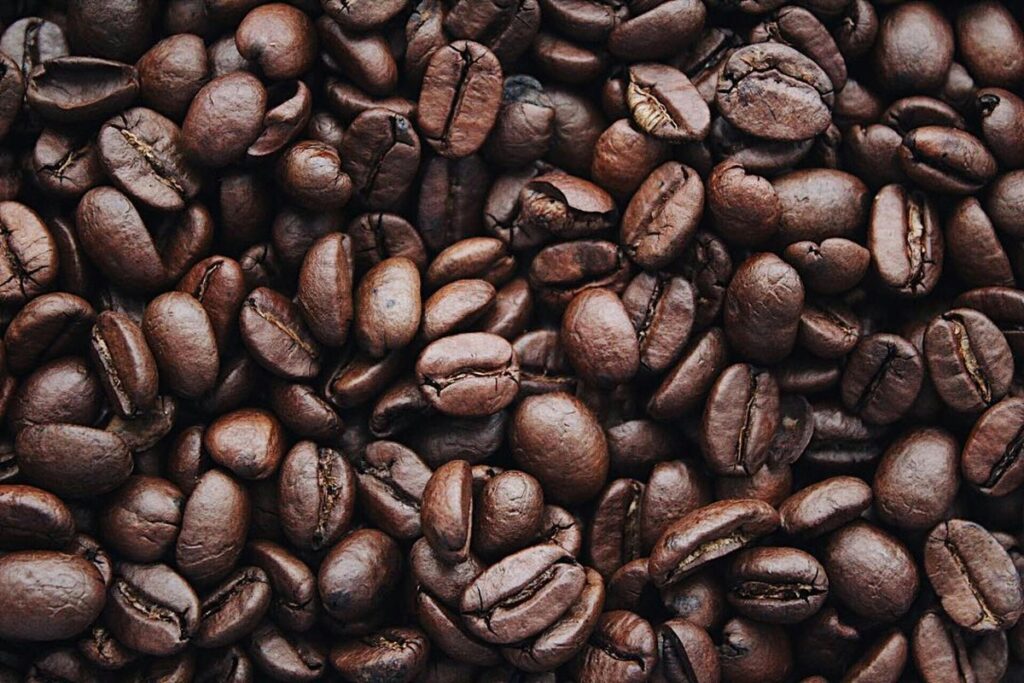
Caffeine, found in coffee, tea, energy drinks, and even chocolate, is highly toxic to cats. It can cause restlessness, rapid breathing, increased heart rate, and tremors. Cats are much more sensitive to caffeine than humans, so even a small sip of coffee or tea can lead to serious health issues. Be vigilant about keeping caffeinated items out of reach.
9. Xylitol
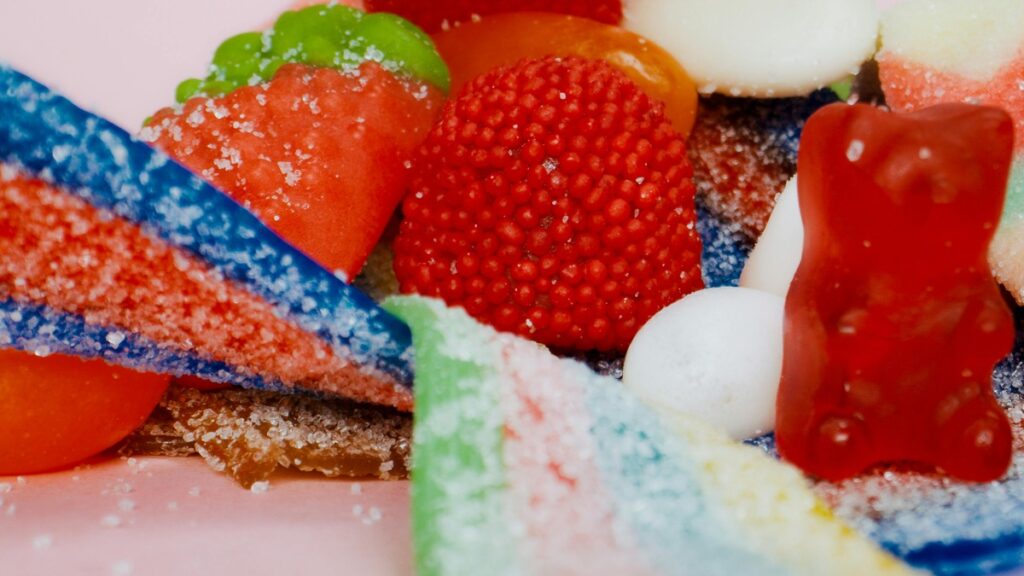
Xylitol, an artificial sweetener found in sugar-free gum, candies, and baked goods, is extremely dangerous for cats. It can cause a sudden drop in blood sugar levels, leading to symptoms like vomiting, weakness, and seizures. In severe cases, it can lead to liver failure. Always check labels for xylitol and ensure it’s never in your cat’s diet.
10. Bones and Fat Trimmings
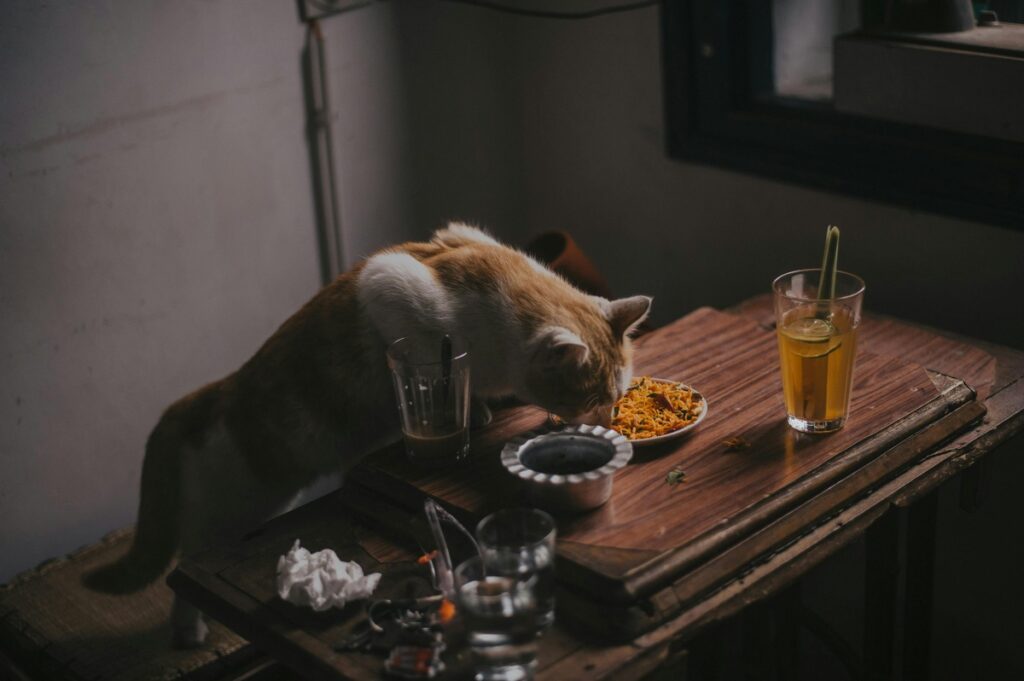
While it’s tempting to toss your cat a scrap of cooked meat or a bone, it’s not worth the risk. Bones can splinter and cause choking or serious injuries to your cat’s mouth, throat, or digestive tract. Fat trimmings, on the other hand, can lead to pancreatitis, a painful and potentially life-threatening condition. Stick to lean, cooked meat without any seasonings or bones.
11. Dog Food
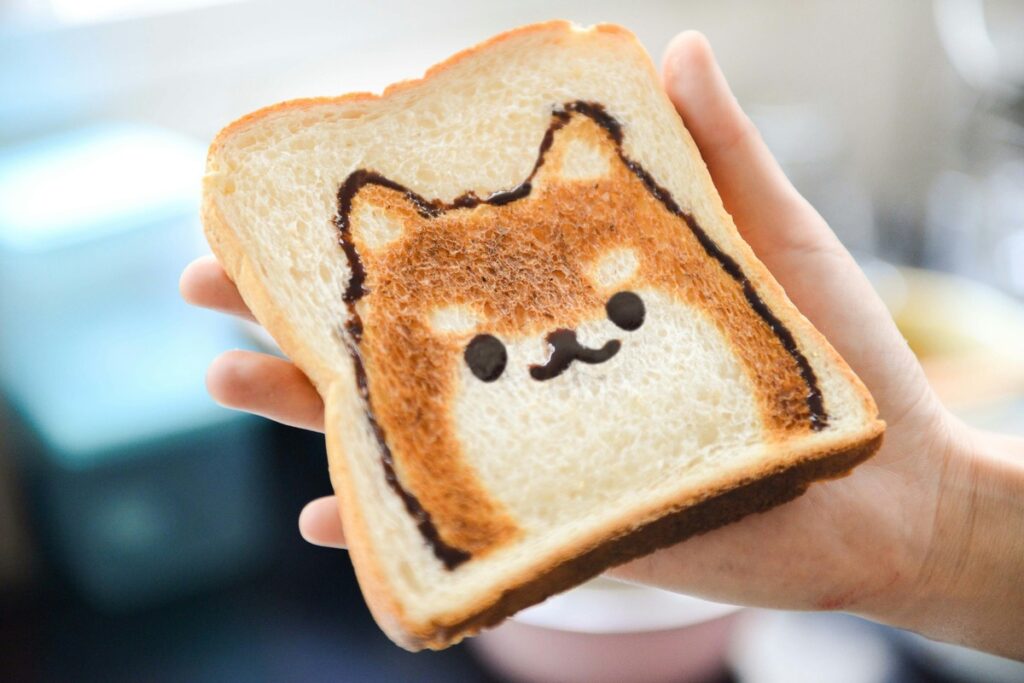
It might seem harmless to give your cat a bite of dog food, but it doesn’t meet a cat’s specific dietary needs. Cats require certain nutrients, like taurine, that are not found in sufficient amounts in dog food. A lack of taurine can lead to heart problems, vision loss, and other severe health issues. Always feed your cat food specifically formulated for their nutritional needs.
12. Human Medications
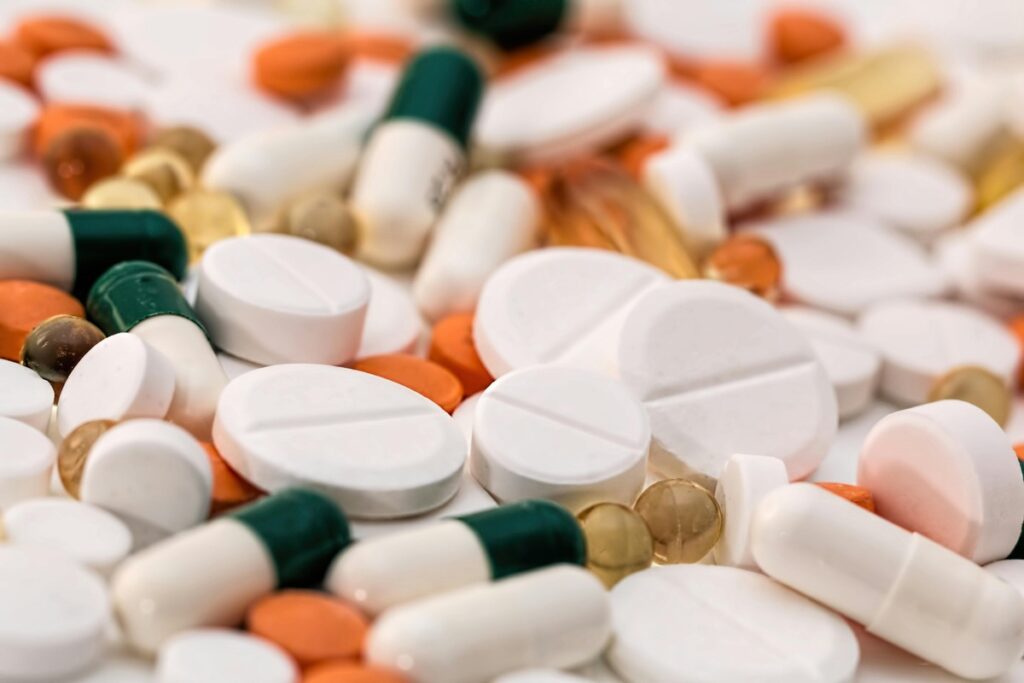
Medications like ibuprofen, acetaminophen, or aspirin can be deadly to cats. Even small doses can cause serious organ damage or death. Cats metabolize drugs differently than humans, making them extremely vulnerable to medication toxicity. If your cat seems unwell, never attempt to treat them with human medicine—always consult a veterinarian.
Cats are naturally curious and may try to sample foods that aren’t safe for them, but as a responsible pet owner, it’s your job to keep them protected. Stick to a balanced, vet-approved diet and avoid sharing human foods that could harm their health. If you suspect your cat has ingested something toxic, contact your vet or a pet poison hotline immediately. By being informed and cautious, you can ensure your feline friend stays healthy, happy, and safe.

